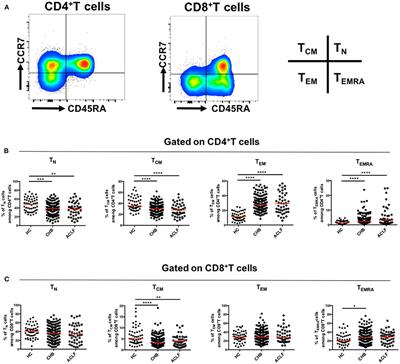EDITORIAL
Published on 11 Mar 2022
Editorial: Acute-On-Chronic Liver Failure: Natural History, Mechanism, and Treatment
doi 10.3389/fmed.2022.867436
- 1,605 views
22k
Total downloads
86k
Total views and downloads
You will be redirected to our submission process.
EDITORIAL
Published on 11 Mar 2022
ORIGINAL RESEARCH
Published on 06 Dec 2021

ORIGINAL RESEARCH
Published on 22 Nov 2021

ORIGINAL RESEARCH
Published on 18 Nov 2021

SYSTEMATIC REVIEW
Published on 16 Nov 2021

ORIGINAL RESEARCH
Published on 16 Nov 2021

ORIGINAL RESEARCH
Published on 10 Nov 2021

REVIEW
Published on 08 Nov 2021

ORIGINAL RESEARCH
Published on 02 Nov 2021

ORIGINAL RESEARCH
Published on 01 Nov 2021

ORIGINAL RESEARCH
Published on 15 Oct 2021

ORIGINAL RESEARCH
Published on 08 Sep 2021

